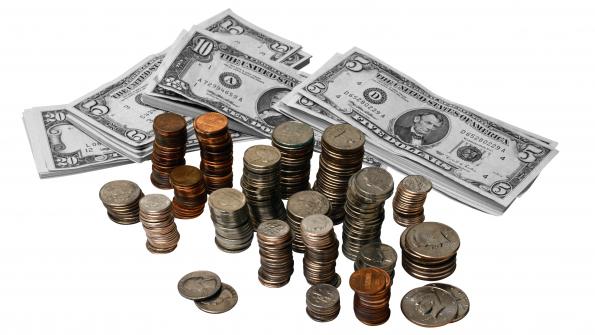Death and Taxes
In a recent survey, Wallethub.com, an online financial tool, analyzed what Americans think about the tax code, including who pays what, how and when.
The online survey of 1,086 Americans was designed to be nationally representative of all Americans by age, race and gender.
Some of the key findings included:
– More than 80 percent of respondents rated the current tax code as either “complex” or “extremely complex.”
– More than 40 percent of respondents felt the fairest possible tax code would have fewer deductions.
– Approximately 90 percent of respondents thought income from investments should be taxed at least as much as wages. Nearly 60 percent of respondents thought wages and investment income should be taxed equally. About 33 percent said investment income should be taxed more than wages.
– About 24 percent of respondents indicated they support a flat income tax.
– Nearly 65 percent of respondents believe corporations should face higher tax rates than consumers.
One of the most important factors to respondents in how they are taxed was equality. The survey found Americans feel it’s more important for taxes to be fair than to be beneficial to the economy.
The taxes respondents viewed as most fair include:
- Tobacco
- Alcohol
- Sales
The taxes viewed as least fair include:
- Corporations
- Gasoline
- Income
Experts working with Wallethub agreed “fairness” should play a role in determining tax code, although most said concept is difficult to nail down. “Society has to decide how to resolve the efficiency vs. equity trade-off on the basis of democratic decision making,” writes Alexis Anagnostopoulos, assistant professor of Economics at Stony Brook University. “But to do so it is important for voters to understand the trade-offs and, in particular, understand the quantitative aspects… We have to decide on which shade of grey we want as a society, carefully measure what is the current situation and act accordingly.”
Click to read the full report.




















